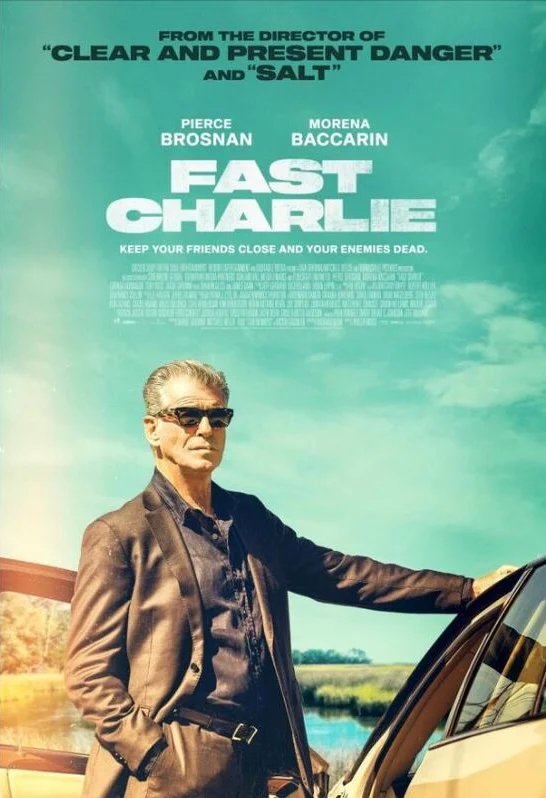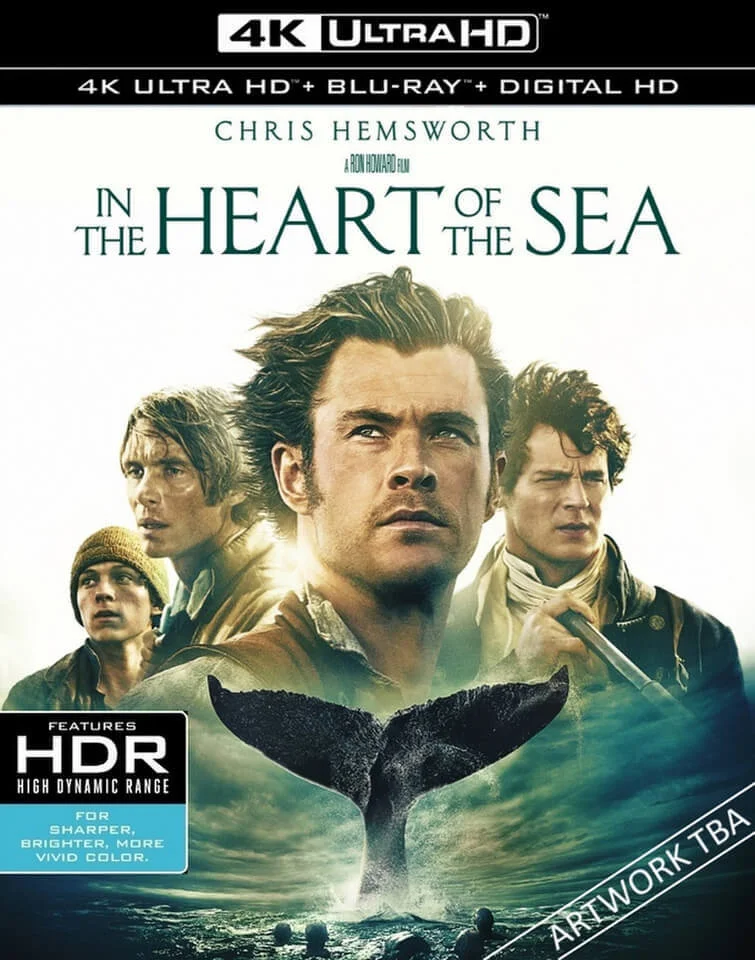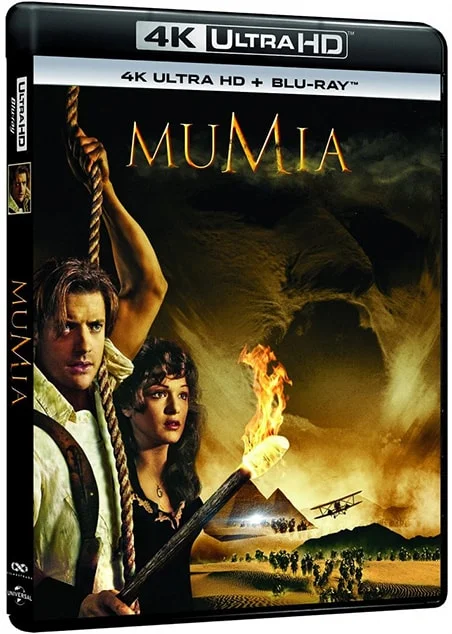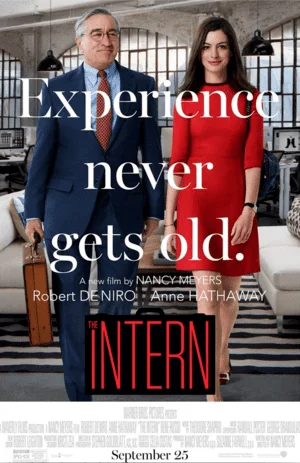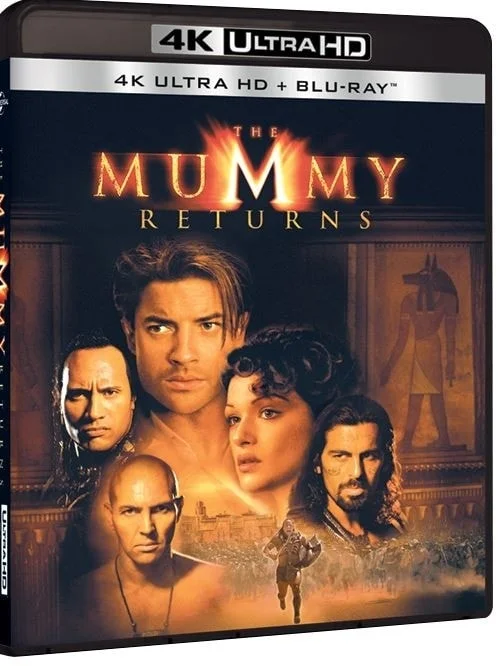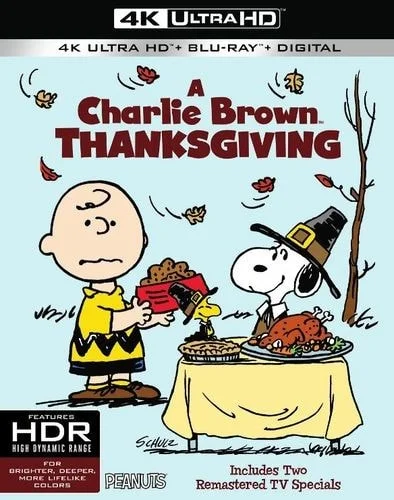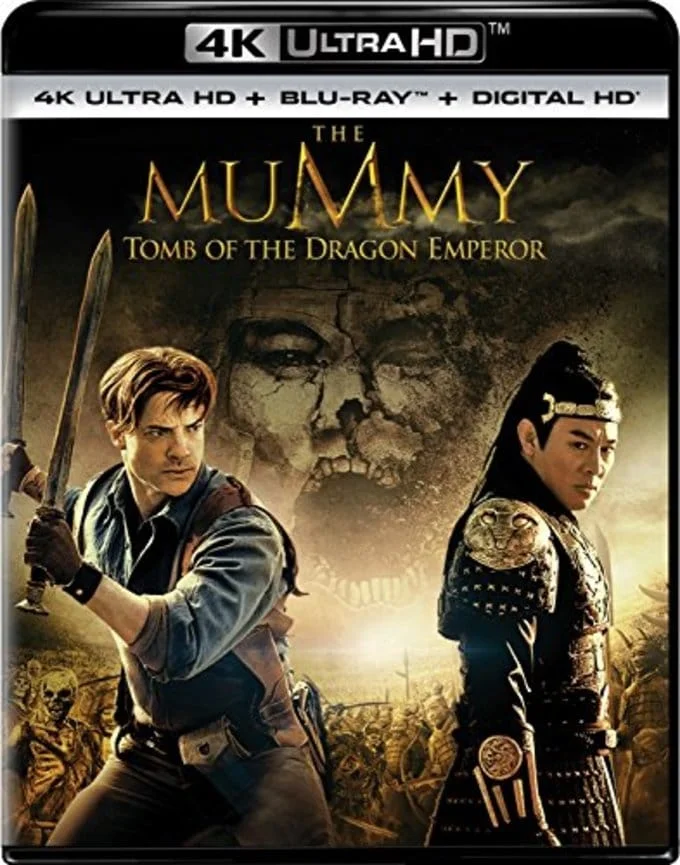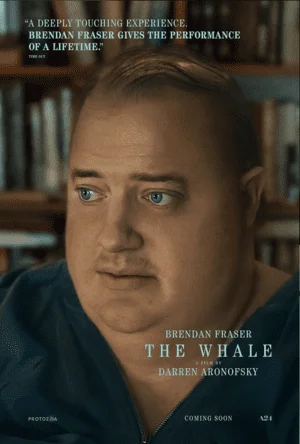
The Whale 4K 2022 2160p WEB-DL
Cast: Brendan Fraser, Sadie Sink, Ty Simpkins, Hong Chau, Samantha Morton, Sathya Sridharan, Jacey Sink, Wilhelm Schalaudek.

Brandon Fraser will reincarnate as a 272-pound English teacher who is trying to build a relationship with his teenage daughter (Sadie Sink).
The Whale 4K Review
The main character is a professor of literature, Charlie (a disguised and costumed Brendan Fraser), with an eating disorder. After the tragic death of his partner, he used food as a means of self-harm, as a result of which he gained almost 300 kilograms and lost the ability to move independently. For several years now, he has made a living teaching online courses in creative writing. In the best Aronofsky exegetical tradition, the viewer will have to live with Charlie through most of Holy Week until he is safely ascended into heaven.
Since the super-popular "The Mummy" franchise, Brendan Fraser, like his character Charlie, has endured several consecutive tragedies (sexual abuse experiences, divorce, death of his mother), depression and health problems that have affected the suspension of his career. In the opening scene, Charlie tries to masturbate (unsuccessfully) but is overcome by a heart attack. Charlie is saved by a young and ardent missionary of the New Life Protestant cult (Ty Simpkins) who accidentally wanders in and is convinced of the imminent second coming and persistently tries to set him on the right path. He reads an essay on "Moby Dick" by an unknown author at Charlie's request, and the affliction recedes.
Unlike Aronofsky's other films, "The Whale" is a chamber movie, stepping outside the threshold of the apartment except in distant memories. From the same threshold, the director showered the audience with an array of unpretentious references, from Moby Dick to Walt Whitman and, of course, the Bible. There is constant rain outside the window (right up to the ecstatic finale), the actor wears a lot of blue, and for those who don't understand, Aronofsky repeatedly explains: Charlie is the giant whale from Herman Melville's novel, doomed to death. Aronofsky used straightforward allusions to the Bible, spiritualism and parable form in "Mama," "Noah" and "The Fountain," and resorted to emotional suggestion in "Requiem for a Dream," so "The Whale" is well within the director's canon, which Aronofsky fans will certainly appreciate.
If you take that pretentiousness, sentimentality and excessiveness out of the bracket, you're left with a somewhat theatrical but generally complexly scripted dramatic skeleton (the film is based on the play of the same name by Samuel D. Hunter) that becomes the living body of the film thanks to the excellent work of the actresses and actors. The only friend and part-time doctor of the main character, Liz, is played by Hong Chow. She is the only one who gives him the help he needs (as Charlie refuses to go to the doctor because of his destructive behavior and lack of insurance) and warns him that his heart will soon fail without the necessary treatment. Instead, Charlie decides to make contact with his 17-year-old daughter Ellie (played by "Very Stranger Things" star Sadie Sink), whom he hasn't spoken to in eight years since he left his family. Ellie directly expresses all her grievances to her father, and the latter, being unable to contradict her, only offers to help her with her school essay so that she will not be expelled from school. According to her father's observations, the girl is very intelligent and has a phenomenal memory: she remembers everything she has ever seen or heard. She jokes and provokes the missionary, who often visits Charlie's house after their first meeting because he dreams of saving him by converting him. The difficulty is that recruiting a man whose love of a lifetime has been a victim of this church is no easy task.
A failed missionary who steals money from the mission, an unhappy and sickly man with suicidal tendencies, a smart teenage girl who risks not getting her diploma, and a doctor who can't save her best friend, an ex-wife who after all these years finds the strength to forgive Charlie for leaving the family. All these contradictory images are woven together into a complex canvass of dialogue and quasi-family relationships that are interesting to watch. In the end, Aronofsky's film adds aesthetic complexity not at all to the rather primitive biblical layer, the seriousness, catharsis and motivational speeches about writing only the truth, but to the collision of such different ways of being in a few square meters.
File size: 21.1 GB
Trailer The Whale 4K 2022 2160p WEB-DL
Latest added movies
Comments on the movie
Add a comment
 like
like do not like
do not like